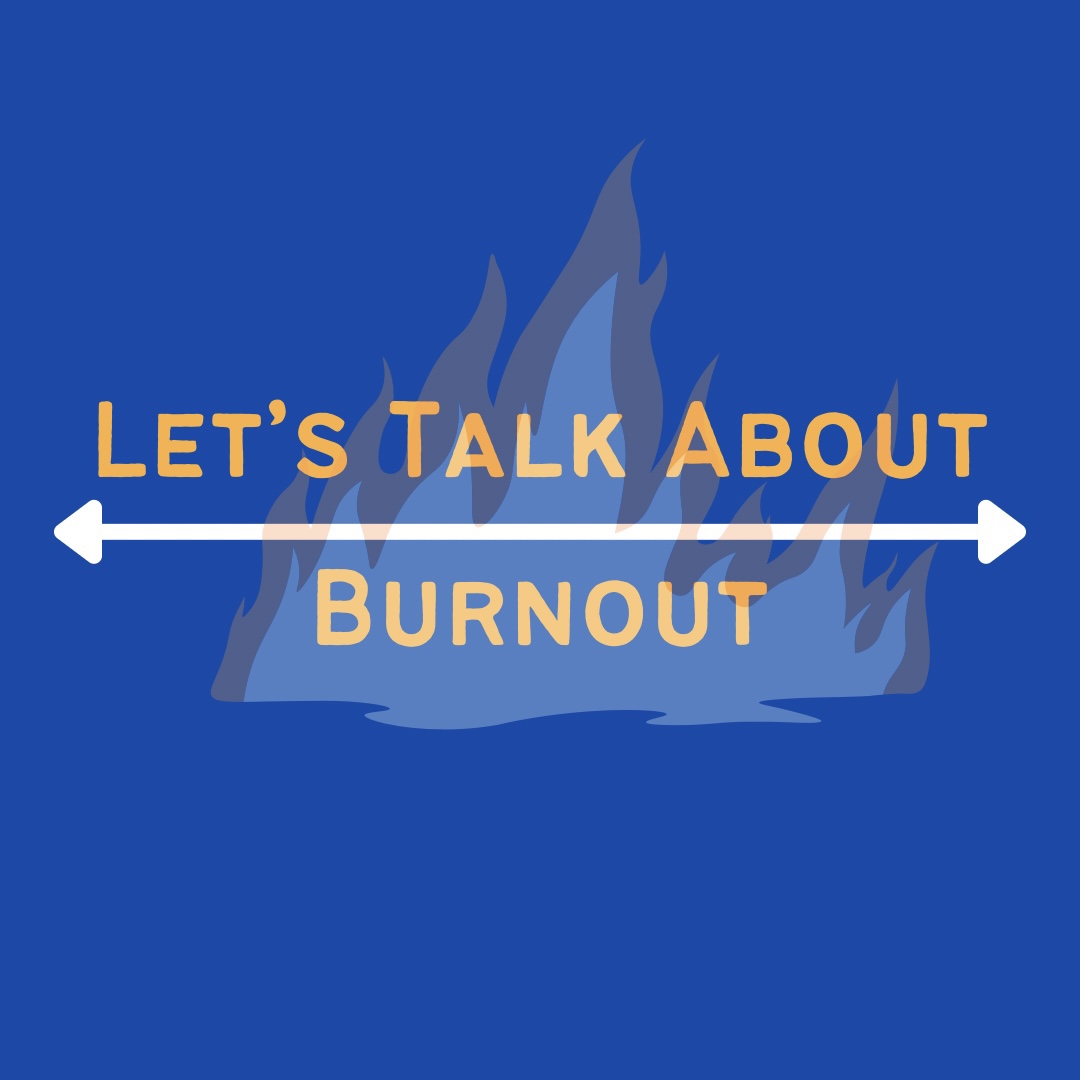Recognising Burnout and Why It’s Important

When we see a candle burnout we don’t think much about it. We might just get a new candle and that’ll be the end of it. When we see a car burnout we associate it with crime, or something bad. Let’s use this dichotomy to illustrate that the more complex a thing is, the worst the burnout is for it. A candle burning out is fine whereas a car burning out is troubling. When our minds burnout, the effects can be damaging and long-lasting.
The other morning I had a conversation with my mother. We both said how exhausted we’d felt the last few weeks. I suggested that we could be burnt-out. We both knew I was right to an extent. We were both at least at the beginning of becoming burnt-out.
Which makes sense considering our dispositions. We both like to be busy. We’re always on the go, always doing something. Time has to be filled productively. Although the outcomes of that for each of us is totally different, the same need to be busy is present. And I imagine we’re more at risk for burnout if we exist in this way.
The trope is a candle burning at both ends. Being on fire is a good thing until you have no fuel left. Burning out can be stressful in itself because the things you enjoy doing become burdensome. They become things you have to do rather than things you want to do, and that can cause physical stress. The shadows beneath your eyes will deepen as you try to maintain everything.
Recognising burnout is difficult for a lot of us because it feels like failure. It’s accepting that you’re doing too much too often, and so it involves actively trying to do less. I know I’m burning out when I go for weeks saying to myself that there isn’t enough hours in the day -Of course there is – I’m just managing the time poorly.
So what does one do if they’re burning out? It’s difficult to say. For me, it begins with taking the pressure off myself. I often suffer from production guilt which stops me from enjoying downtime. So when I’m burning out I force myself to ignore that guilt and take my days off seriously. It means that I try to stop myself from feeling bad about not being productive all of the time.
You’ll know you’re burning out if you wake up most days still exhausted. You might notice that the things you love doing are chores. You’ll be less creative and more grumpy. You’ll probably be complaining online more than usual.
It’s important to be able to recognise it in yourself in order to correct your routines. When I can sense burnout coming then I drop all tools. I cut my lifestyle back to the very basics. I strip everything down so for at least a few days it feels like I have all the time in the world rather than never enough time at all.
When I do this, I can recharge and come back from the cusp of burnout. Waking up everyday more tired than you were the night before is frustrating and can make you wish days away. We only get a limited amount of days, so wishing any away seems wasteful.
Therefore, understanding our burnout symptoms and actively working on them when they flare up is important for our mental health. Our wellbeing is our responsibility, not anyone else’s. We can’t allow ourselves to fall into self-pity because we have lost our discipline, or ignored signs when they appeared to us.
You’ll know burnout has arrived when you’re running on fumes and feel like juggling everything is taking a toll on you. Strip back to the basics when this happens, and slowly build back up once you’ve given yourself time to reenergize.
Drink water,
